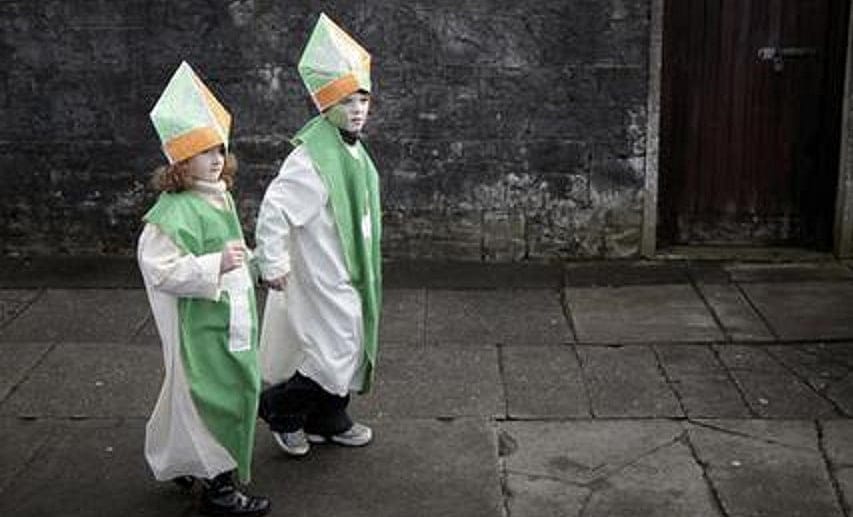Irish ancestral records available online for free

BOSTON (AP) – Just in time for St. Patrick's Day, genealogical research website Ancestry.com is making 10 million Catholic parish records from Ireland – some dating to 1655 – available online for free to help people trace their Irish heritage.
The goldmine of information, available without cost for a week starting Friday, includes baptism, confirmation, marriage, and burial records from more than 1,000 parishes in both the Republic of Ireland and Northern Ireland.

